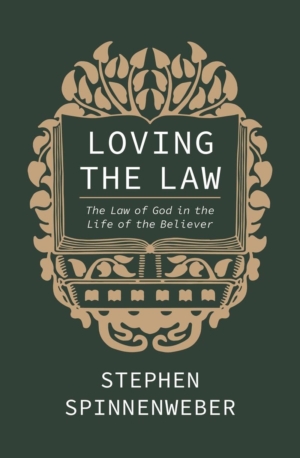For confessing Protestants, there is no question whether believers are under the civil and normative uses of the law. To deny the normative use (the third use) is the definition of antinomianism, a scourge which Martin Luther opposed in the 1520s, against which the Lutherans confess in the Book of Concord (1580), and which the Reformed have always opposed. The Heidelberg Catechism (1563) organized the Christian faith under three headings: Guilt (Law), Grace (Gospel), and Gratitude (Sanctification). The third part of the catechism contains an exposition of the moral law of God, the decalogue (Ten Commandments). The Westminster Standards also affirm and explain the moral law and apply it to the Christian life not in order that we might be keep it and thereby be justified and saved but because we have been justified and saved by grace alone (sola gratia), through faith alone (sola fide) in Christ alone. Continue reading →






